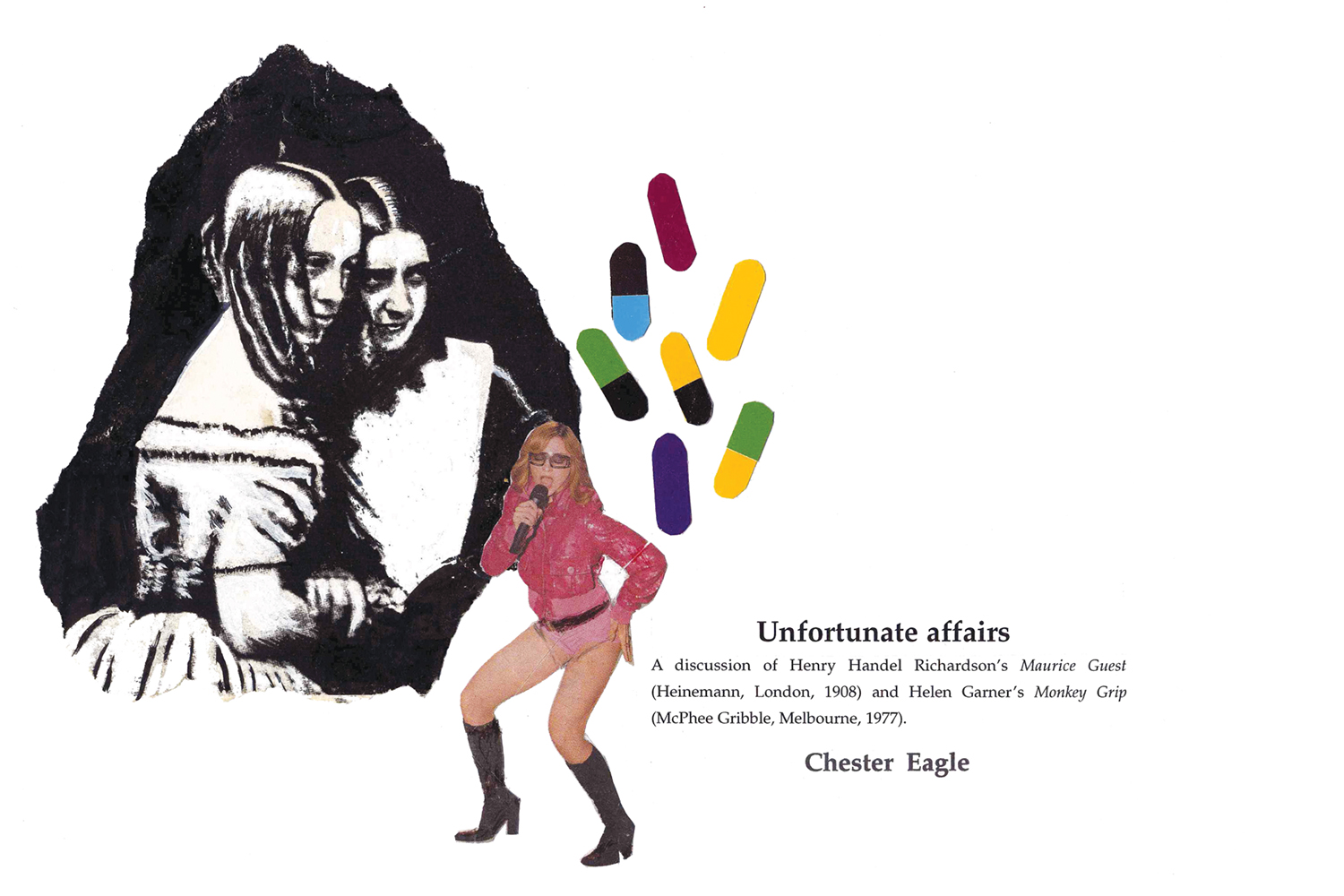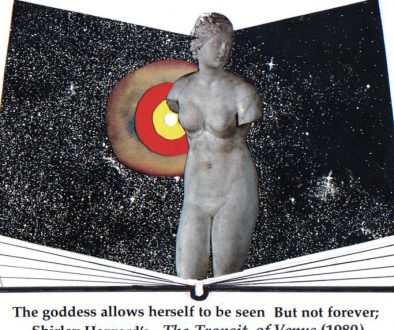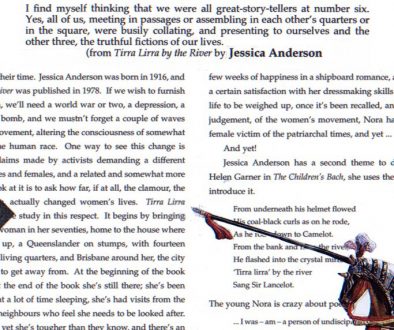1. Unfortunate affairs

1. Unfortunate affairs
A discussion of Henry Handel Richardson’s Maurice Guest (Heinemann, London, 1908) and Helen Garner’s Monkey Grip (McPhee Gribble, Melbourne, 1977).
Unfortunate affairs:
Both of these books are first novels, and both are concerned with loves which turn out to be impossible, but the worlds they show are even further apart than the lifetime separating their publication dates would suggest. Monkey Grip is set in the inner north of Melbourne and the people in its pages are members of the counter-culture, the drug-taking hippy culture, which flourished – if that’s the word – in the decade or so before the book’s publication, whereas Maurice Guest is set in Leipzig, Germany, at the start of the twentieth century, before the wars that destroyed Europe’s claim to cultural superiority (Johann Sebastian Bach was kapellmeister in Leipzig for many years, and something of his mighty spirit lingers in the musical activities of his city).
Two books, then, and two sexual passions: Nora and Javo in Carlton, Fitzroy and Collingwood, suburbs of Melbourne, Australia, and in Leipzig, Germany, Maurice Guest, Louise Dufrayer and Eugen Schilsky. Leipzig, in Henry Handel Richardson’s book, is as saturated in music as Helen Garner’s Carlton is by drugs and other aspects of the counter-cultural lifestyle. [read more]
Introduction:
In 1981 Patrick White published an autobiographical book called Flaws in the Glass; the Melbourne Age commissioned two reviews, one of them from Hal Porter, who said, among many things unflattering to ‘Mr White’:
Writers of my sort can be said not so much to read as to examine another writer’s work rather as one car freak examines the vehicle and driving of another car freak. One says, “Splendid vehicle! Superb driving!” Or, “Nice vehicle! Ghastly driving!” Or, “Can’t stand that kind of cumbersomely pretentious vehicle! And what bewildering and erratic driving!”
Hal confesses that the third attitude is his to the novels and plays of ‘Mr White’. I will say no more at this point about Mr White or Mr Porter, but I quote this comparison of writer and car freak because in the essays that follow I am the freak who comments on others of his kind. I know I can’t see my essays as others will see them but I imagine some readers accusing me of many things, and others, well trained, perhaps, in one or another school of literary or social criticism, who will think my observations no more than shallow or ignorant. To such people I can only say that these essays offer whatever it is that a fellow-writer can offer, and don’t pretend to offer anything else.



